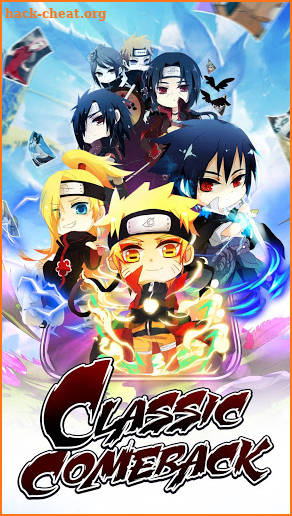

This paper shows that feminist art history methodologies can be successfully applied to videogames as objects of art. The reaction to this cultural criticism is often extreme, with threats of sexual violence against the female academics, critics, and journalists looking to examine videogames as a creative medium. These negative stereotypes have at least in part led to a male-dominated sub-culture that rejects any attempt to examine the portrayal of women and gender in games. Female characters in videogames are often one dimensional and overtly sexual – often with the express purpose of providing male players with gratification. The representation of women in videogames often relies on poorly gendered stereotypes in order to generate characters. Combining meaningful play with digital history, videogames are highly effective vehicles for political and social critique. Agency in Kojima's text allows the player to negotiate and reshape the historical memory of Hiroshima in their own experience, performing the anti-nuclear critique through in-game actions. Although both texts belong to the action genre, there is a major difference in the subjectivity of the main characters, stemming from the different narrative trajectories of each text and the media specificity of cinema and games. Both texts position Japan as a victim, with Hiroshima symbolizing America’s abuse of technology and power. A generation later, Kojima's game used photographic stills of the atomic bombing in a strikingly similar way, including footage of nuclear waste facilities and weapons manufacturing.

Fukasaku’s opening sequence employs photographic stills of the mushroom cloud, burnt-out ruins, and the black market to set the violence of yakuza gangs against the political-military violence of the United States. The case studies are Fukasaku Kinji’s film Battles without Honor or Humanity (1973), and Kojima Hideo’s videogame Metal Gear Solid (1998). This essay examines how photography and news footage of the Hiroshima bomb have been used as a backdrop for the action genre in Japanese film and videogames.


 0 kommentar(er)
0 kommentar(er)
